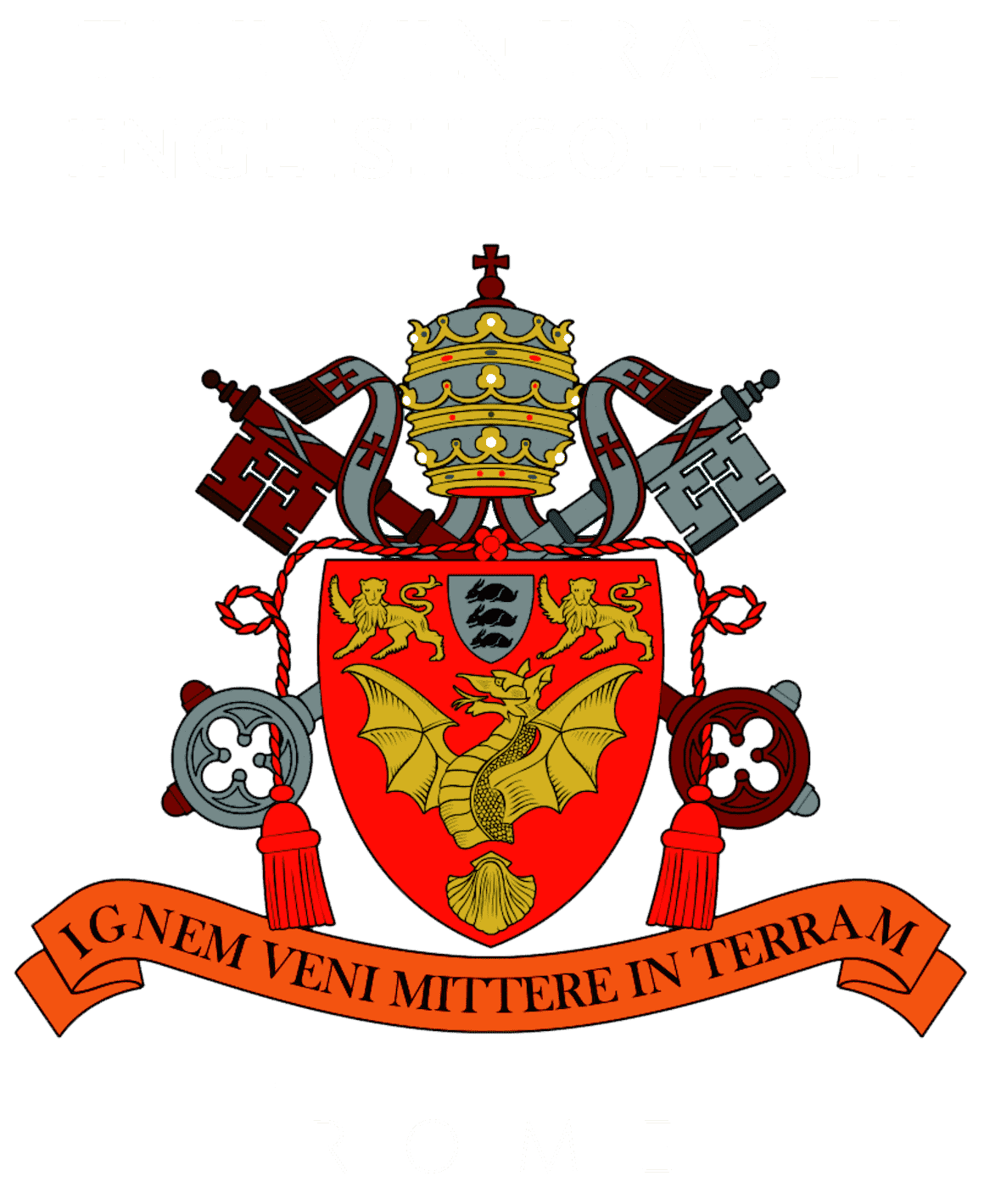What is a seminary?
Seminaries in the ‘modern’ sense were invented in the 16th century by the Council of Trent.
Preparation for ministry
The English College, which was founded as a seminary in 1579, was in fact part of a bold new venture to improve the formation of priests, combining the virtues of the three major 'routes' to ordained ministry that existed before, the university, the monastery, and the parish. Combining intellectual, spiritual and pastoral formation, they sought to prepare young men for ministry in an environment that was becoming increasingly hostile following the Reformation. Indeed in England and Wales it was so hostile that the newly ordained priest risked death simply by setting foot on his native soil.
Four distinct areas
Seminaries still perform the same function, providing intellectual, spiritual and pastoral formation for those discerning and preparing for priestly ministry. To those three areas of formation Blessed John Paul II added a fourth in his Apostolic Exhortation Pastores Dabo Vobis (PDV) – that of human formation. Of course human formation had always gone on in seminaries – living in community provides that to a significant extent, but PDV made it more explicit and hence gave it a greater focus.
Courageous, confident, holy priests
At the English College we continue in that mission of forming man for priestly ministry in England and Wales. Once again we recognise increasing hostility to Christian ideals, values and institutions, sometimes caused by failings within the Church. We seek to form priests with courage and confidence, but also holiness, gentleness and humility, to spread the Gospel in England and Wales, and to minister to God's people there.
A house of formation
One of the major benefits of having a house of priestly formation in Rome is that it gives seminarians a broad experience of what the Church has to offer in terms of academic formation.
The city is home to a wide variety of pontifical universities and faculties, which offer a broad range of courses. A student will normally study philosophy for two years at the Dominican Angelicum university, then theology for three years at the Jesuit Gregorian university. The student will then go on to specialist study, normally for two years. This may be at the Gregorian or Angelicum university, or else at one of the specialist faculties, such as the Augustinanum for Patristics, the Biblicum for Scripture, or Sant’Anselmo for Liturgy.
As well as seminarians, there are always a number of priests studying in the College for such specialisations, having been sent by their dioceses. Some study to doctorate level.
The College has a well-stocked library, and subscribes to a wide range of appropriate journals. Internet access is available throughout the College, and there is an academic tutor who supports the students in their study.




